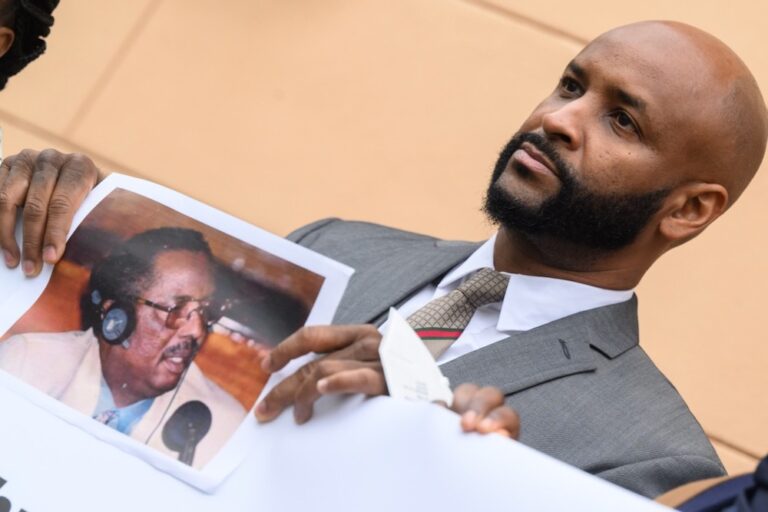The Gambia has amended sections of the country's criminal code to empower the courts to administer stiffer punishments to persons found guilty of giving false information to public officials. The offence has long been considered inconsistent with certain provisions of The Gambia's Constitution
On 16 April 2013, the National Assembly of The Gambia amended sections of the country’s criminal code to empower the courts to mete out stiffer punishments to persons found guilty of giving false information to public officials.
The new law, which is an amendment to section 114 of the country’s criminal code, empowers the courts to impose a jail term of five years, or a fine of fifty thousand dalasis (about US $1,650) for a misdemeanour that previously attracted a jail term of not more than six months or five hundred dalasis (about US $17).
According to MFWA’s sources, apart from stiffer punishments, the new law also classifies the president, vice president, speaker, deputy speaker and members of the national assembly as public officers.
The latest classification approved by the National Assembly is inconsistent with section 166 (4) of the country’s Constitution, which does not recognise these officials as public officers.
The minority members in Parliament opposed the new law describing it as draconian, controversial and inconsistent with the Constitution, MFWA’s sources said.
The offence of giving false information to a public servant has long been considered draconian and inconsistent with certain provisions of the country’s Constitution as well as provisions of other international and regional treaties, to which Gambia is a signatory.
The Gambian government has, for many years, weighed down citizens and the media with laws that criminalize speech – such as the publication of false information, seditious libel and criminal defamation – just to cow them from being critical of the government and its policies.
Over the past decade, the MFWA has reported many cases where the Yahya Jammeh-led government has, through the application of these laws, forced many citizens and journalists into exile, arbitrarily detained or disappeared.
This law has been passed at a time that the African Commission on Human and Peoples’ Rights (ACHPR) is holding its 53rd Ordinary Session in the capital, Banjul. A large number of African Civil Society Organisations (CSOs) recently petitioned the ACHPR to relocate from the Gambia, in protest against the perpetually poor human rights record of the country.
As a sequel to the several NGOs who boycotted the ongoing session of the ACHPR, we call on the leadership and participants at the session to speak out against the massive violations in The Gambia and also petition President Jammeh to annul the new amendment.


